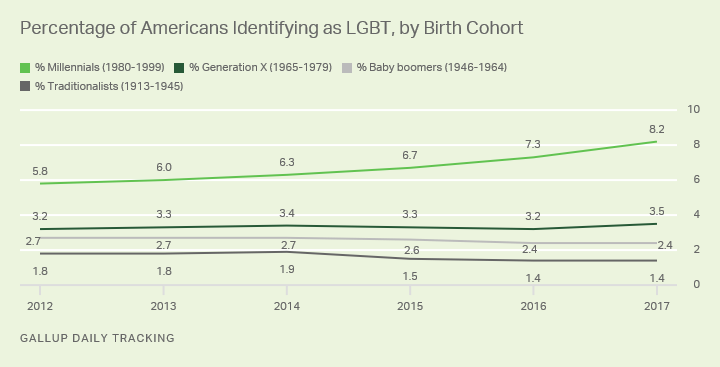In 2007, Mark Zuckerberg changed the landscape of the internet forever with the introduction of Facebook to the public.
In 2019, we have Facebook, but we also have Instagram, Snapchat, Twitter, Tumblr, Reddit, and so and so forth. so what created the boom of the social medias, and why are there so many today?
Before Facebook, there weren't really social media sites, and if there were they were quite closed off and exclusive to friends. An example of this would be MySpace in the early 2000s before Facebook arrived. MySpace was a social media platform, used to connect with friends, but you had to know your friend's username to connect with them.
Then, Facebook came along and made it so that you could search up any name and get back thousands of results, ultimately changing the landscape of social media to actually be social. Today, Instagram and Twitter largely overwhelm the social media platform, and its how I have met several hundreds of my classmates at High Point University.
This illustrates perfectly the Rogers' Diffusion of Innovations and Ideas to a tee. you have the Pioneers, like MySpace, the Early Adapters, like Facebook, and then the Late Adapters, like Instagram, Twitter, and Snapchat, before the Laggers of Reddit and Tumblr.
Myspace was only launched in 2003. Friendster gave inspiration to the founders of Myspace, and the social network was officially sent live on the web in January of 2004. After its first month online, over one million people had already signed up. By November of 2004, that number grew to 5 million. By 2006, Myspace was being visited more times than Google and Yahoo Mail, becoming the most visited site in the United States. In June of 2006, it was reported that Myspace was responsible for nearly 80 percent of all traffic related to social networking sites.
So maybe instead of Facebook, let's credit the real pioneer of the social media era, MySpace
Tuesday, October 29, 2019
One of Eight Values of Free Expression
Today, I will be discussing my personal pick for free expression, which is Promoting Tolerance.
In the last 20 years, there are more and more groups emerging everyday, from different sects and walks of life, that already existing groups have to become more tolerant and accepting of. I think of this in terms of the world being similar to a college campus, many different types of groups having to co-mingle within the larger society that they are apart of.
When thinking of emerging groups in the last 20 years the easiest one to pick out is the LGBTQ community, who's attendance has skyrocketed since the late 90s, but more and more people still are unable to accept the fact that there are multiple sexualities and orientations.
In the last 20 years, there are more and more groups emerging everyday, from different sects and walks of life, that already existing groups have to become more tolerant and accepting of. I think of this in terms of the world being similar to a college campus, many different types of groups having to co-mingle within the larger society that they are apart of.
When thinking of emerging groups in the last 20 years the easiest one to pick out is the LGBTQ community, who's attendance has skyrocketed since the late 90s, but more and more people still are unable to accept the fact that there are multiple sexualities and orientations.
Gallup's LGBT estimates are based on those respondents who say "yes" when asked, "Do you, personally, identify as lesbian, gay, bisexual or transgender?" Extrapolation to the latest census estimate of adults 18 and older in the U.S. suggests that more than 11 million adults identify as LGBT in the country today.
While many people may not like the fact that more and more people are coming out as members of this community, we all should be accepting, because they did the same for us in whatever capacity it takes.
So, as a country, WE need to be the ones to make belongingness be for the people by the people, so that we become a stronger nation.
While many people may not like the fact that more and more people are coming out as members of this community, we all should be accepting, because they did the same for us in whatever capacity it takes.
So, as a country, WE need to be the ones to make belongingness be for the people by the people, so that we become a stronger nation.
Tuesday, October 8, 2019
Gen Z and our desire to tell more that we let on
Youth culture today is quite different and more stranger than what has been seen in previous years with the addition of technology and social media.
I've heard multiple people say that "youth culture is more about telling people you've had fun or are having fun rather than actually having fun."
This is certainly the case in my opinion. I've seen many friends put videos or pictures online talking about what an amazing time they had an event, but when speaking to them they talk about what a boring/not fun experience they had.
Additionally, we are more concerned about what others perceive us to be rather than actually, what we are.
This fact doesn't go without a price however. Oxford did a study which stated,
The inability to tear away from our phones has crippled our ability to make real world connections and live life to the fullest, and live in the moment.
I think that we should try to implement some system of limit on screen time for children and teens so that we can create real relationships and connections that last for lifetimes
Subscribe to:
Comments (Atom)


